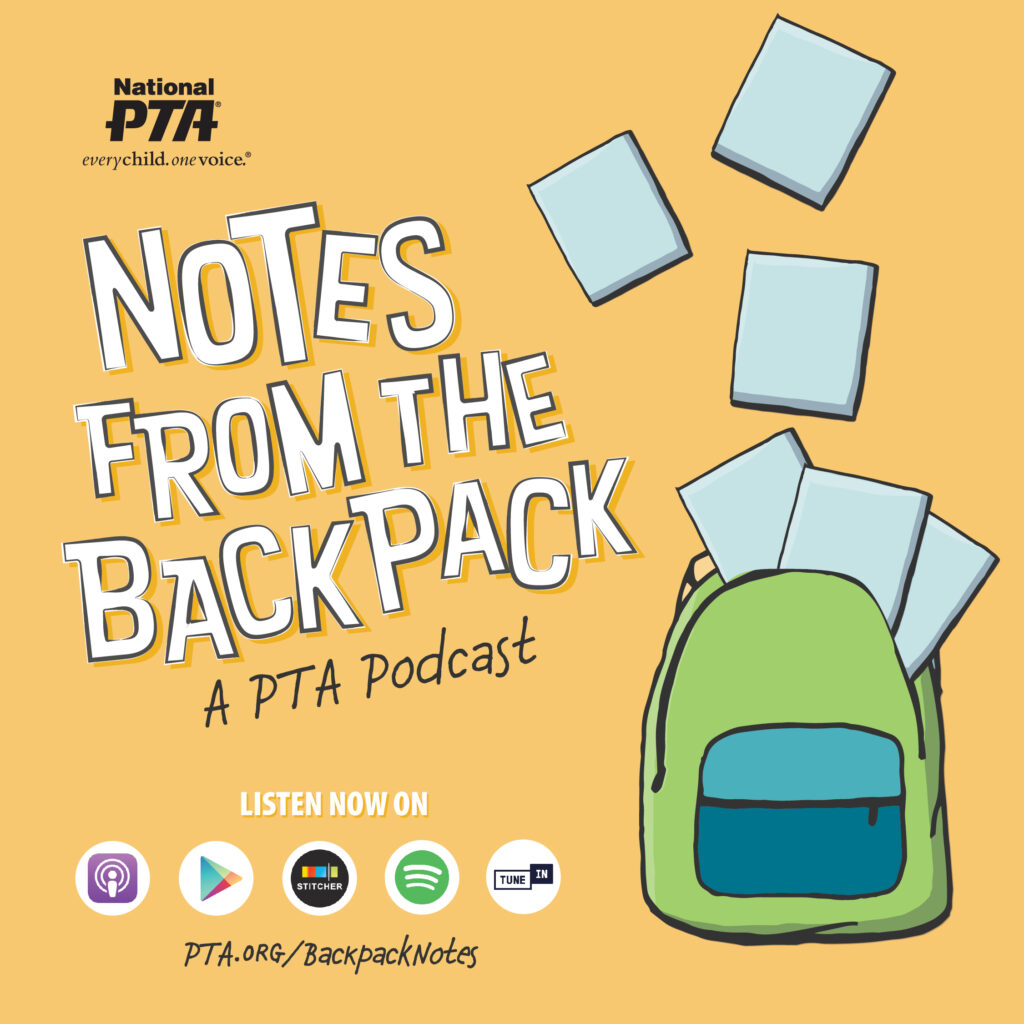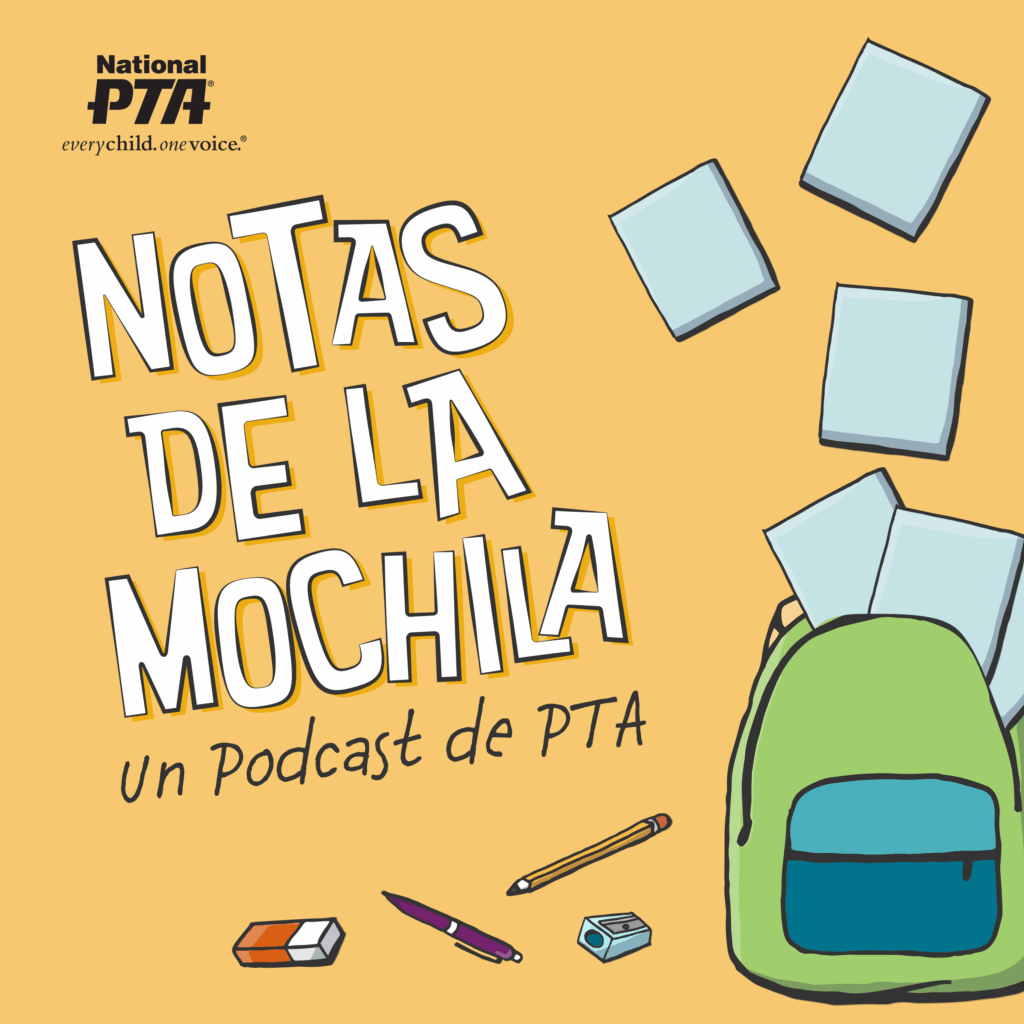From picnics and fireworks to days at the beach, summer is all about having fun—the time of year when “learning” sounds like a dirty word. Luckily, you don’t have to adopt a back-to-school mindset with your kids in order to cultivate curiosity during the warmer months and minimize screen time. These ordinary activities have built-in educational moments, making it easy to enjoy a boredom-free break while learning something new.
Listen to Music, Screen Free
The convenience of streaming services like Spotify and Apple Music has made it easy to discover new artists—and YouTube can save you money on concert tickets. But the joy of going to a record store or seeing bands live offer additional benefits for your child. You can ask questions about the instruments being played to train their listening capabilities, discuss lyrics or interpret the album’s artwork. All spark curiosity and a deeper appreciation for the artistry of music.
Spruce Up Your Garden Together
Did you know that gardening counts as exercise? Though you could celebrate National Gardening Exercise Day on June 6 to encourage movement outdoors, there are herbs, flowers, fruits and vegetables that can be planted monthly in the warmer months. Check out the Farmer’s Almanac for planting and harvesting information in your area.
Practice Forest Bathing on Your Next Hike
Inspired by the Japanese tradition of shinrin-yoku, “forest bathing” can awaken a deep appreciation for nature in your child. Taking time to enjoy the natural world can have a healing effect that engages all of your senses, and studies have found that forest bathing can significantly reduce the effects of depression and anxiety.
Play “Sink or Float”
Gather a few small objects of different weights (such as small rocks, tree bark, loose change, bottle caps or acorns), and fill a small bucket with water. Before dropping each one in the water, have your child guess if each one will sink or float. After seeing the outcome, discuss what made it happen—was it the density, size, material or a combination of all three?
Have a Water Balloon Fight
There’s a certain joy that comes with joining your kids for a water balloon fight to cool down during the summer. However, it can also be an opportunity to talk about science in an approachable way. Asking questions like “Will water balloons float or sink in a pail of water?” and “What’s the quickest way to pop a water balloon—by stomping on it, sitting on it, dropping it or throwing it?” is an easy way to learn about physics as a family.
Go Birding in Your Backyard
A great activity for families who live in cities or near water, birding teaches kids how to recognize birds and their various calls and encourages their powers of observation. If your child is too young for binoculars, you could make a pair with this DIY method from the Audubon Society. Set a goal as a family to spot a specific number of birds on your next outing to keep everyone focused and engaged.
Create Your Own Scavenger Hunt
Perfect for playdates and fun with other families, scavenger hunts teach teamwork, critical thinking and problem-solving. A time limit for finding each hidden item—whether indoors or outside—creates a sense of urgency and an additional challenge, while a prize for the winning team (ice cream, anyone?) can offer added incentive.
Catch Fireflies—and Read a Firefly-Themed Bedtime Story
The thrill of collecting lightning bugs in a jar holds a timeless appeal for adults and kids alike. Pairing the activity with a similarly-themed book about them makes learning fun and can give your child a deeper appreciation for the glowing critters.
Read a Book, Then Watch the Movie
A fun way to encourage reading as a family is to pick a popular children’s story that was made into a movie. Whether you read it with your child or to them, it’s an easy way to encourage summer reading, while adding a low-pressure educational aspect to movie night.
Discover a New Podcast Together
If your summer plans involve a family road trip, a kid-friendly podcast is a great alternative to headphones, tablets or other backseat distractions. It’s also a great conversation starter to minimize any “are we there yet” moments that are sure to pop up; you might even awaken your child’s budding broadcaster. Be sure to select one within the age range that’s most appropriate for your family.


















